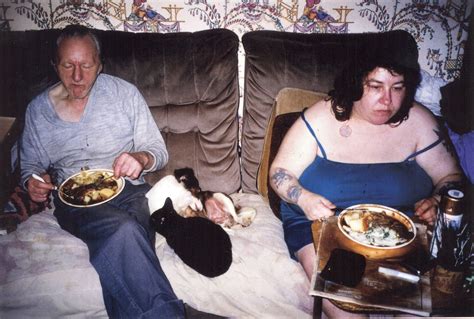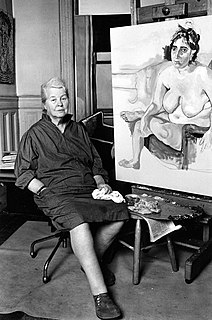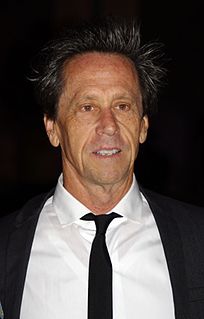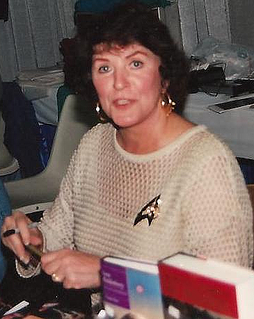A Quote by Richard Billingham
I paint a little and keep sketchbooks because it has the effect of preventing me becoming lazy about looking. The subject could be anything.
Related Quotes
The word 'abstract' comes from the light tower of the philosophers. One of their spotlights that they have particularly focused on 'Art'. [Abstraction was] not so much what you could paint but rather what you could not paint. You could not paint a house or a tree or a mountain. It was then that subject matter came into existence as something you ought not have.
Painting allows me to use other portions of my brain pleasurably. Irony plays no part in what or how I paint. I paint the particular subject matter not to make polemical points but because I am interested in the human imprint on the landscape. I paint the landscape of my time and place with the stuff in it.
I think you can see the evolution of me as an artist, and just becoming confident and coming into my own and becoming my own person throughout each mixtape. One thing I could learn from looking back at my old mixtapes, what I could learn from my old self, is just to keep that hunger and that drive and that feeling of an underdog and also the feeling of being a fan, still lookin up to people - you just want to impress them.
I make people laugh hard; I'm a comic, that's just the way it is. And I make them laugh because I'm funny, not because I'm filthy. The subject matter is dirty, but the pictures I paint are really funny. A lot of comics don't understand that that's what it's about. It's just, "I'll be dirty and they'll laugh." Nobody's becoming a superstar that way.
I try to keep deep love out of my stories because, once that particular subject comes up, it is almost impossible to talk about anything else. Readers don't want to hear about anything else. They go gaga about love. If a lover in a story wins his true love, that's the end of the tale, even if World War III is about to begin, and the sky is black with flying saucers.
Once upon a time, a historian told me that the most important choice a new historian could make was of his or her specialist subject. Most of the good stuff was far too overcrowded, so you had to pick about in the exotic and extinct. His recommendations were the Picts or the Minoans, because hardly anything was known about them and you could spend a happy lifetime of speculation.
Photography has almost no reality; it is almost a hundred per cent picture. And painting always has reality: you can touch the paint; it has presence; but it always yields a picture - no matter whether good or bad. That's all the theory. It's no good. I once took some small photographs and then smeared them with paint. That partly resolved the problem, and it's really good - better than anything I could ever say on the subject.



































